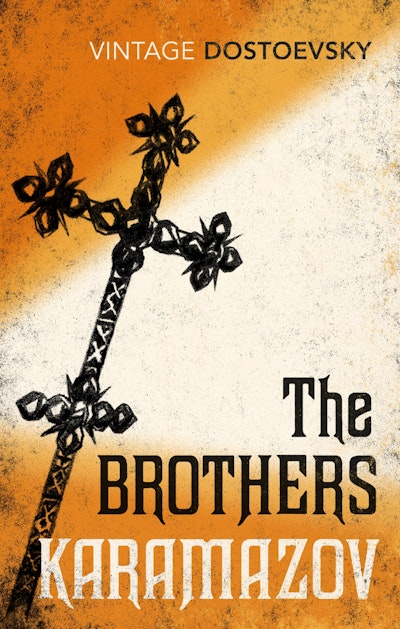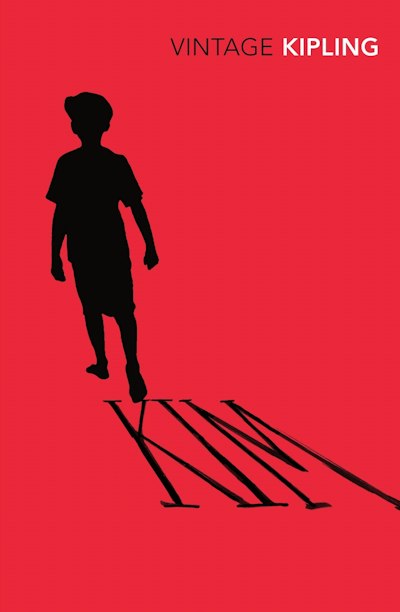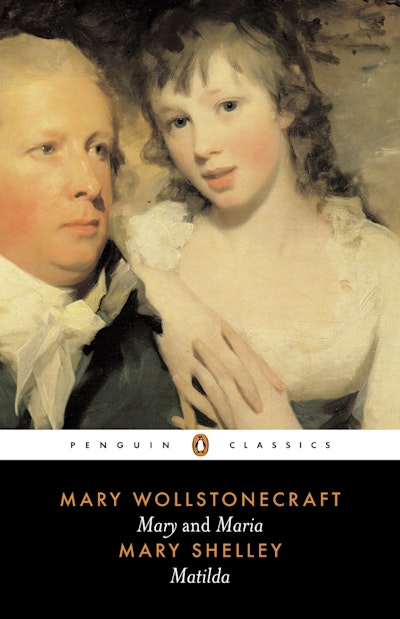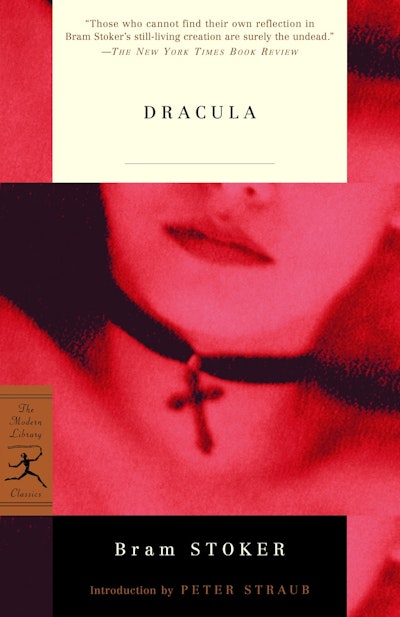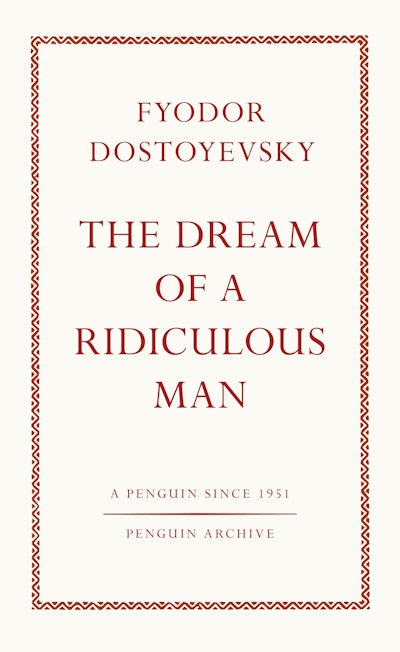- Published: 3 April 1992
- ISBN: 9780099922803
- Imprint: Vintage Classics
- Format: Paperback
- Pages: 816
- RRP: $26.99
The Brothers Karamazov
'In this new translation one finally gets the musical whole of Dostoevsky's original' New York Times Book Review
FROM THE AWARD-WINNING TRANSLATORS RICHARD PEVEAR AND LARISSA VOLOKHONSKY
Dostoevsky's beautiful writing style and universal themes make this epic 19th century novel unmissable.
The Brothers Karamazov is a murder mystery, a courtroom drama, and an exploration of erotic rivalry in a series of triangular love affairs involving Karamazov and his three sons - the impulsive and sensual Dmitri; the coldly rational Ivan; and the healthy young novice Alyosha. Through the gripping events of their story, Dostoevsky portrays the social and spiritual strivings in what was both a golden age and a tragic turning point in Russian history.
- Published: 3 April 1992
- ISBN: 9780099922803
- Imprint: Vintage Classics
- Format: Paperback
- Pages: 816
- RRP: $26.99
Other books in the series
About the author
Fyodor Mikhailovich Dostoyevsky was born in Moscow in 1821. His debut, the epistolary novella Poor Folk (1846), made his name. In 1849 he was arrested for involvement with the politically subversive 'Petrashevsky circle' and until 1854 he lived in a convict prison in Omsk, Siberia. From this experience came The House of the Dead (1860-2). In 1860 he began the journal Vremya (Time). Already married, he fell in love with one of his contributors, Appollinaria Suslova, eighteen years his junior, and developed a ruinous passion for roulette. After the death of his first wife, Maria, in 1864, Dostoyevsky completed Notes from Underground and began work towards Crime and Punishment (1866). The major novels of his late period are The Idiot (1868), Demons (1871-2) and The Brothers Karamazov (1879-80). He died in 1881.
Related titles
Praise for The Brothers Karamazov
Dostoevsky makes Martin Amis seem as if he was writing 130 years ago and that Dostoevsky is writing now. Read all of Dostoevsky. These books are for now and they matter, because it's up to us to call a halt to our TV producers, politicians, gutless artists, poets and writers: these "teenagers of all ages" who are propelling us towards a consumerist hell of disposability over quality
Billy Childish
Donne, Herbert, Shakespeare, Jane Austen, George Eliot, Dostoevsky, Henry James - these are the great psychologists - far greater than Freud or Klein or Jung
Sally Vickers
No reader who knows The Brothers Karamazov should ignore this magnificent translation. And no reader who doesn't should wait any longer to acquaint himself with one of the peaks of modern fiction
USA Today
It returns us to a work we thought we knew - made new again
Washington Post
In this new translation one finally gets the musical whole of Dostoevsky's original
New York Times Book Review
A philosophical and spiritual drama which contains all of life's vices and virtues
Princess Michael of Kent, List
